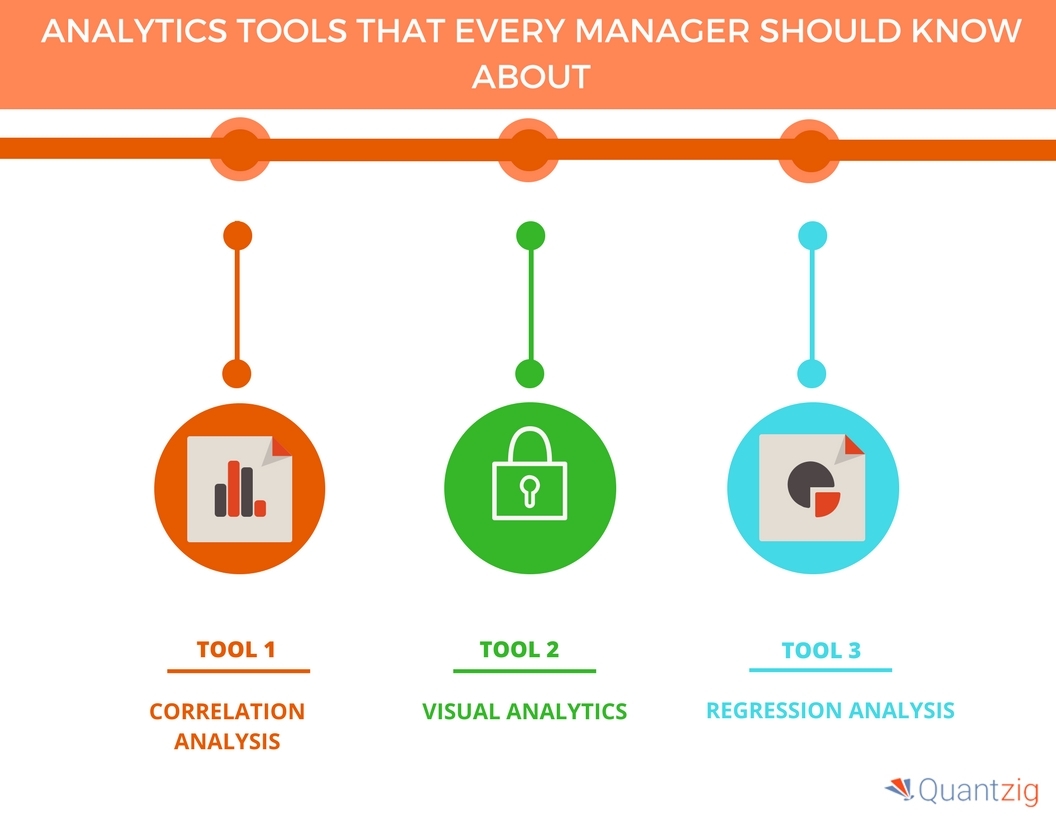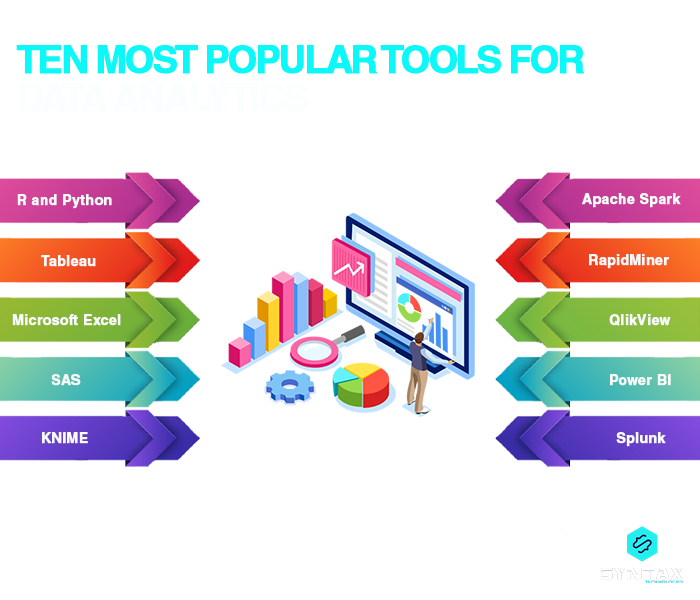Discover Hidden Opportunities with Modern Analytics Techniques
Discover Hidden Opportunities with Modern Analytics Techniques
Blog Article
Boost Efficiency and Earnings With Data Analytics
In today's data-driven landscape, companies are progressively recognizing the pivotal duty of data analytics in enhancing functional effectiveness and productivity. By systematically examining information, companies can discover vital insights that educate calculated choices, improve processes, and dressmaker client experiences (Analytics). However, the challenge exists not only in the execution of these analytical tools yet also in understanding exactly how to translate information into workable results. As we discover the nuances of efficient data-driven strategies, the ramifications for both short-term gains and long-lasting success come to be increasingly clear. What might these understandings reveal for your organization?
Comprehending Information Analytics
In today's data-driven landscape, recognizing data analytics is vital for companies intending to enhance operational efficiency and drive earnings. Information analytics entails the organized computational analysis of information sets to discover patterns, connections, and insights that notify decision-making. By utilizing numerous strategies, such as analytical evaluation, machine knowing, and predictive modeling, organizations can transform raw data into actionable knowledge.
The process normally starts with information collection, where appropriate information is gathered from several sources, consisting of transactional databases, consumer communications, and market trends. This information is after that cleansed and arranged to guarantee accuracy and uniformity. When the data is prepared, logical devices and software are made use of to envision the info and discover, making it possible for stakeholders to recognize anomalies and patterns.
Inevitably, understanding information analytics encourages companies to make enlightened choices based on empirical proof instead than instinct. It helps with targeted techniques that can optimize source allotment, boost consumer contentment, and boost total efficiency. As services significantly acknowledge the worth of data-driven understandings, a strong understanding of data analytics ends up being a vital competency for leaders and teams alike, positioning them for continual success in an affordable setting.

Trick Advantages for Organizations
Organizations that leverage data analytics can open a wide variety of benefits that considerably enhance their procedures and productivity. Among the main advantages is enhanced decision-making. Information analytics supplies workable insights originated from real-time data, permitting services to make enlightened options that straighten with market needs and consumer choices.

Additionally, data analytics promotes improved customer experiences. By recognizing client actions and choices, businesses can tailor their offerings, leading to enhanced fulfillment and loyalty. This tailored strategy usually causes greater conversion prices and repeat company.
Additionally, information analytics makes it possible for businesses to determine emerging opportunities and patterns. By staying in advance of the contour, organizations can maximize brand-new markets and advancements before their competitors.
Applying Data-Driven Approaches
Effective execution of data-driven strategies needs a comprehensive understanding of both business objectives and offered information sources. Organizations must first specify their purposes clearly, guaranteeing alignment in between data campaigns and strategic purposes. This quality allows groups to focus on relevant metrics and insights that drive decision-making.
High-quality data is vital for exact analysis, as bad data can lead to misdirected approaches and thrown away sources - Analytics. Organizations should establish procedures for data collection, cleansing, and monitoring to maintain information honesty.
Additionally, fostering a data-driven society is critical. Workers at all degrees must be motivated to utilize data in their everyday procedures. Educating workshops and programs can enhance information proficiency, empowering staff to make informed choices based on logical understandings.
Tools and Technologies Introduction
A durable collection of modern technologies and tools is important for companies aiming to harness the complete capacity of information analytics. These devices facilitate the collection, handling, and visualization of information, enabling businesses to derive workable insights.
At the fundamental level, information monitoring visit platforms such as SQL data sources and NoSQL systems give efficient data storage space and retrieval capacities. For information handling and evaluation, programs languages like Python and R, in addition to frameworks such as Apache Glow, allow intricate computations and artificial intelligence applications.
Visualization tools, consisting of Tableau and Power BI, change raw information right into intuitive graphical formats, making insights obtainable to stakeholders in any way degrees. Additionally, cloud-based systems like Google Cloud and AWS provide scalable storage and handling solutions, accommodating the expanding volumes of data companies encounter.
For sophisticated analytics, predictive modeling and AI-driven options are progressively adopted, enabling business to anticipate patterns and enhance decision-making processes. Incorporating these tools into existing operations is extremely important; organizations that effectively leverage this modern technology can significantly enhance functional effectiveness and drive earnings. Therefore, purchasing the right devices and innovations is a calculated crucial for any type of data-driven company.
Instance Research Studies of Success
Leveraging information analytics has led many companies to attain impressive enhancements in Learn More efficiency and productivity. One significant case is a large retail chain that carried out predictive analytics to maximize inventory management. By analyzing historical sales data and customer patterns, the firm decreased excess inventory by 30%, bring about significant price savings and enhanced cash circulation.
An additional instance can be found in the manufacturing sector, where a leading auto supplier made use of data analytics to boost its manufacturing procedures. By keeping track of equipment efficiency in real-time, the company determined inefficiencies and bottlenecks, causing a 20% increase in total equipment performance (OEE) This not just enhanced production rates however additionally minimized downtime and maintenance costs.

These situation studies show exactly how data analytics can drive strategic decision-making, optimize procedures, and ultimately improve both performance and productivity across different industries.
Verdict
In final thought, the integration of information analytics into service procedures provides significant opportunities for enhancing performance and success. By methodically evaluating information, organizations can recognize inadequacies, optimize customer experiences, and make informed choices.
In today's data-driven landscape, comprehending information analytics is vital for organizations aiming to boost operational efficiency and drive profitability. Information analytics includes the systematic computational analysis of data collections to uncover patterns, correlations, and understandings that educate decision-making. Data analytics supplies workable understandings derived from real-time information, permitting companies to make informed selections that align with market needs and customer preferences.
High-grade data is vital for precise analysis, as bad information can lead to link misguided techniques and wasted resources. Organizations must develop processes for information collection, cleansing, and administration to keep information integrity.
Report this page